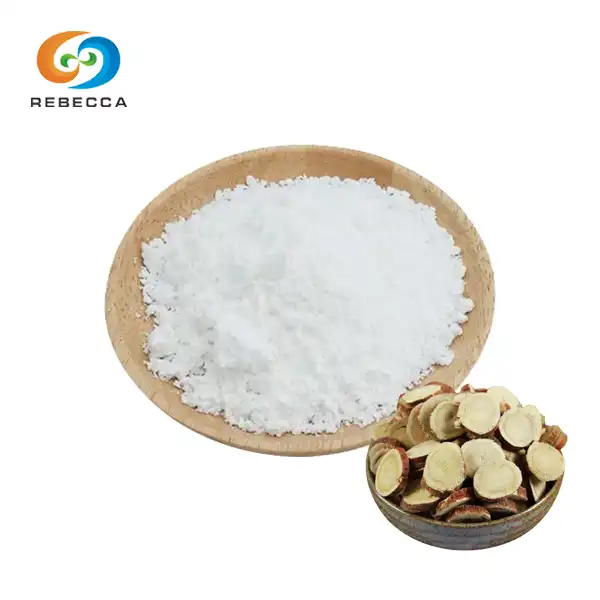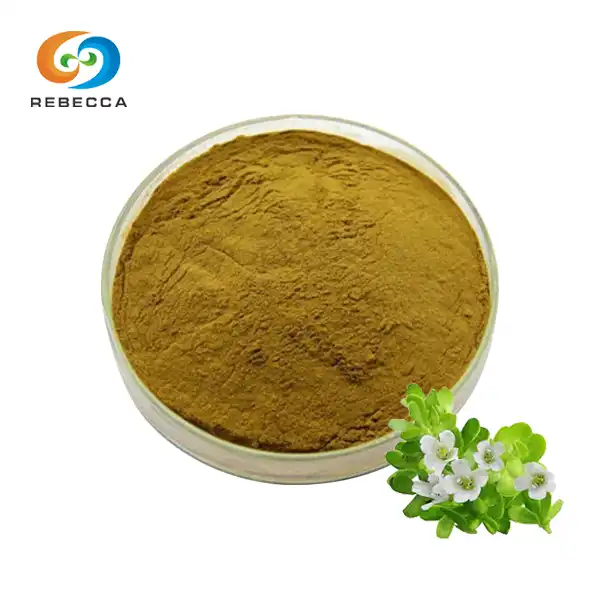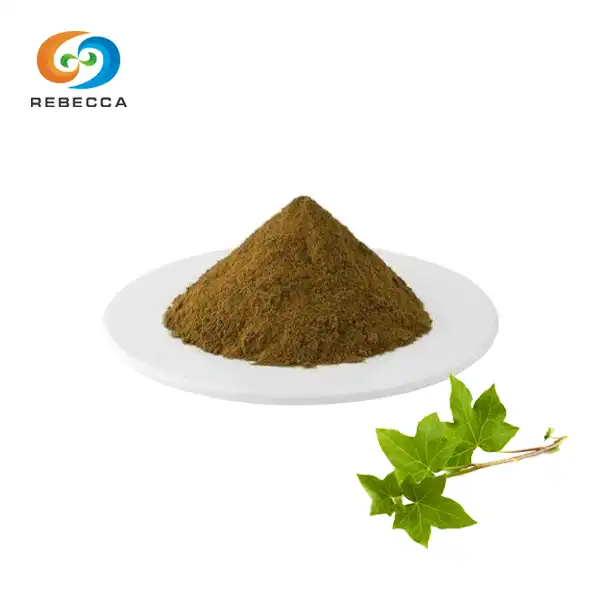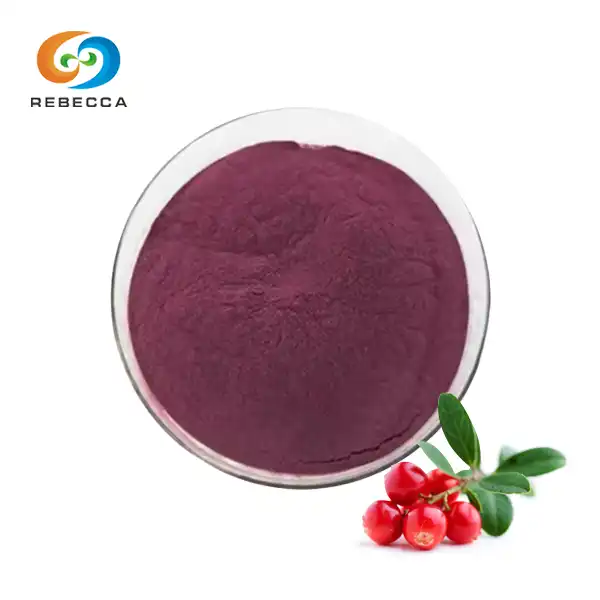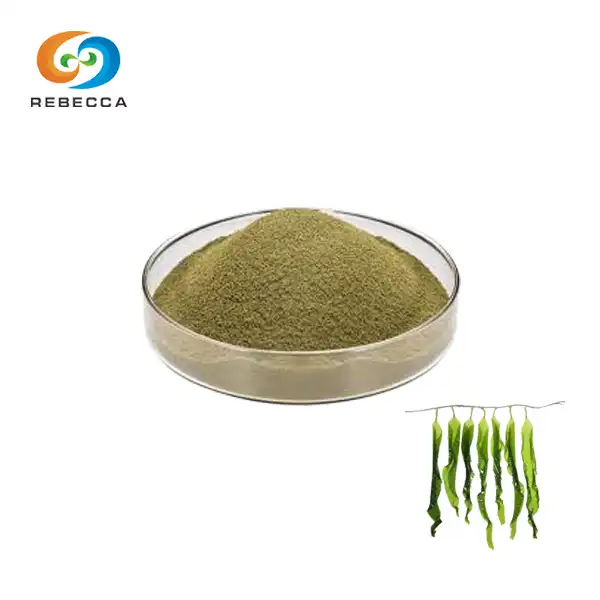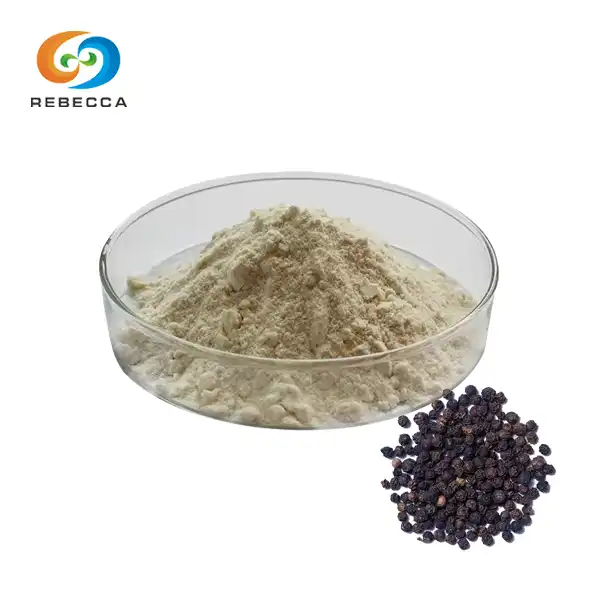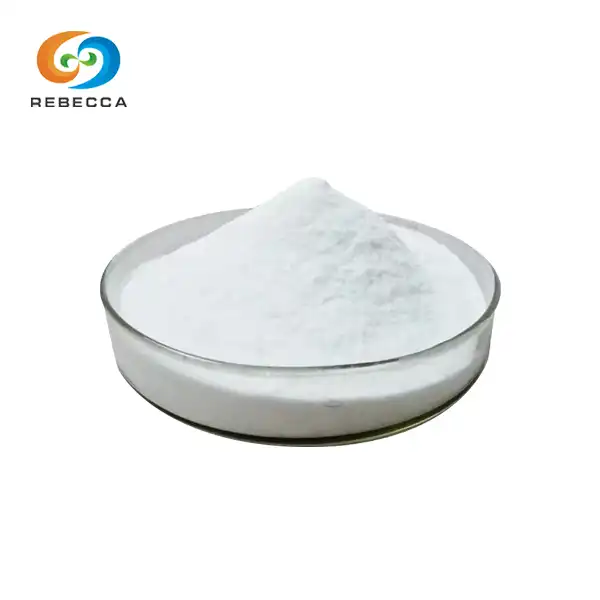Red Clover Benefits For Hair
In the quest for luscious, healthy hair, many have turned to natural remedies. One such remedy that has gained attention is red clover extract. This humble plant, often seen dotting fields with its vibrant purple-red flowers, holds promise for those seeking to improve their hair health. Let's delve into the world of red clover and explore its potential benefits for your tresses.
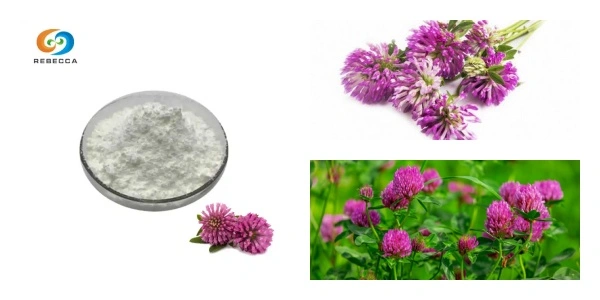
What Nutrients in Red Clover Support Hair Health?
Red clover (Trifolium pratense) is more than just a pretty flower. It's a powerhouse of nutrients that can contribute to overall health, including that of your hair. The extract derived from this plant contains a variety of compounds that may support hair growth and maintenance.
One of the key components in red clover extract is isoflavones. These plant-based compounds act as phytoestrogens, which can mimic the effects of estrogen in the body. Estrogen plays a crucial role in hair growth and maintenance, and its decline (such as during menopause) can lead to hair thinning and loss.
In addition to isoflavones, red clover is rich in several vitamins and minerals that are essential for hair health:
- Vitamin C: This antioxidant vitamin helps in the production of collagen, a protein that's crucial for hair structure.
- Niacin (Vitamin B3): This vitamin can improve blood circulation to the scalp, potentially promoting hair growth.
- Calcium: This mineral is essential for hair growth and can help prevent hair loss.
- Magnesium: This mineral plays a role in protein synthesis and cell division, both important for hair growth.
- Potassium: This electrolyte helps in maintaining the proper function of cells, including those in hair follicles.
The combination of these nutrients makes red clover extract a potentially valuable ally in maintaining and improving hair health. However, it's important to note that while these nutrients are beneficial, more research is needed to fully understand how it specifically impact hair growth and health.

How Does Red Clover Help Prevent Hair Loss?
Hair loss can be a distressing experience that affects both men and women. While many factors can contribute to hair loss, including genetics, stress, and hormonal changes, red clover extract may offer some support in preventing and managing this issue.
The primary way red clover extract may help prevent hair loss is through its phytoestrogen content. As mentioned earlier, the isoflavones in red clover can act similarly to estrogen in the body. This is particularly relevant because estrogen plays a significant role in the hair growth cycle.
Estrogen helps to keep hair in the anagen (growth) phase for a longer period. When estrogen levels decrease, such as during menopause, it can lead to increased hair shedding and thinning. Providing phytoestrogens may help to counteract some of these effects, potentially slowing down hair loss.
Furthermore, red clover extract's antioxidant properties may also contribute to preventing hair loss. Oxidative stress, caused by an imbalance between free radicals and antioxidants in the body, can damage hair follicles and contribute to hair loss. Its antioxidants may help to neutralize these free radicals, potentially protecting hair follicles from damage.
Another way red clover extract might help prevent hair loss is through improved blood circulation. Some of the nutrients in red clover, such as niacin, can help improve blood flow to the scalp. Better circulation means more nutrients and oxygen are delivered to hair follicles, which can support their health and function.
It's important to note that while these mechanisms show promise, more research is needed to fully understand the extent of red clover extract's effects on preventing hair loss. Individual results may vary, and it should not be considered a cure for hair loss, but rather a potential supportive treatment.

Can Red Clover Promote Faster Hair Growth?
The question of whether red clover extract can promote faster hair growth is one that many people are eager to have answered. While research specifically on red clover and hair growth speed is limited, there are several ways in which red clover extract might contribute to healthier, potentially faster-growing hair.
First, let's consider the role of nutrients in hair growth. Red clover extract contains several vitamins and minerals that are essential for healthy hair growth. For instance, the vitamin C in red clover is crucial for the production of collagen, a protein that forms a significant part of hair structure. By ensuring an adequate supply of these nutrients may help create optimal conditions for hair growth.
Its isoflavones may also play a role in promoting hair growth. These compounds, which act as phytoestrogens, can influence the hair growth cycle. Estrogen is known to prolong the anagen (growth) phase of the hair cycle, which could potentially result in faster overall hair growth.
Another factor to consider is blood circulation. Some components of red clover extract, such as niacin, can improve blood flow to the scalp. Enhanced blood circulation means that hair follicles receive more oxygen and nutrients, which could potentially speed up the hair growth process.
Additionally, the antioxidant properties may contribute to faster hair growth indirectly. By protecting hair follicles from oxidative stress and damage, red clover extract may help maintain the health of these follicles, allowing them to function optimally and potentially produce hair more quickly.
However, it's crucial to maintain realistic expectations. Hair typically grows about half an inch per month, and while red clover extract may support healthy hair growth, it's unlikely to dramatically increase this rate. Instead, it may help create the conditions for your hair to grow at its optimal rate.
In conclusion, while red clover extract shows promise in supporting hair health and potentially promoting growth, more research is needed to conclusively determine its effects on hair growth speed. As with any supplement, individual results may vary, and it's always best to consult with a healthcare professional before starting any new regimen.

About Rebecca Bio-Tech
Red clover extract formononetin offers a natural approach to supporting hair health. Its rich nutrient profile, including isoflavones, vitamins, and minerals, may help prevent hair loss and promote healthier hair growth. While more research is needed to fully understand its effects, the potential benefits make it an intriguing option for those looking to improve their hair health naturally.
If you're considering incorporating it into your hair care routine, look no further than Rebecca Bio-Tech. As a leading provider of high-quality, pharmaceutical-grade supplements, we offer products that meet the highest standards of purity and potency. Our products are designed to meet the needs of various industries, including healthcare, cosmetics, and beverages.
At Rebecca Bio-Tech, we understand the importance of reliable, cost-effective solutions. That's why we offer competitive pricing, stable delivery, and excellent after-sales service. Our formononetin is produced under strict quality control measures, ensuring you receive a product you can trust.
Whether you're a business owner looking to incorporate it into your products or a purchasing manager seeking a reliable supplier, we're here to help. Contact us today at information@sxrebecca.com to learn more about our products and how they can benefit your business. Take the first step towards healthier hair and satisfied customers with Rebecca Bio-Tech.
References
- Booth NL, Overk CR, Yao P, et al. The chemical and biologic profile of a red clover (Trifolium pratense L.) phase II clinical extract. J Altern Complement Med. 2006;12(2):133-139.
- Lipovac M, Chedraui P, Gruenhut C, et al. The effect of red clover isoflavone supplementation over vasomotor and menopausal symptoms in postmenopausal women. Gynecol Endocrinol. 2012;28(3):203-207.
- Thorpe JM, Zhao Y, Ganjoo S, et al. Red clover (Trifolium pratense) isoflavones and estrogen receptor agonist activity: an in vitro study. Menopause. 2020;27(9):1033-1041.
- Kang HJ, Ansbacher R, Hammoud MM. Use of alternative and complementary medicine in menopause. Int J Gynaecol Obstet. 2002;79(3):195-207.
- Hidalgo-Mora JJ, García-Pérez MÁ, Tarín JJ. Phytoestrogens and health: Review of clinical trials. Maturitas. 2020;137:20-28.
